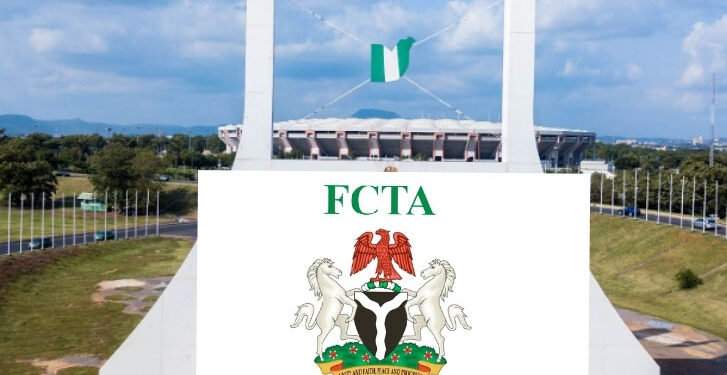The Federal Capital Territory Administration (FCTA) has unveiled plans to streamline revenue collection and eliminate the issue of double taxation for residents of the Federal Capital Territory (FCT). Mr. Olusade Adesola, the FCT Permanent Secretary, made this announcement during a press briefing in Abuja.
Adesola emphasized the importance of informing FCT residents about the outcomes of extensive consultations and engagements with the chairmen of the six area councils and other relevant stakeholders. Over the years, the FCTA has expressed concerns regarding various challenges faced in generating the necessary revenue for accelerated development across all tiers of government.
One of the key issues highlighted by Adesola is the invasion of business premises by individuals claiming to collect revenue. He noted that residents often find themselves being charged by multiple authorities for the same revenue, leading to financial burdens and administrative complexities.
Efforts to address these challenges were initiated in 2012, but achieved limited success. However, significant progress was made in 2021 when the FCT Administration took decisive action to address the fragmented revenue collection system in the territory. Through retreats and colloquia sessions, the FCTA engaged with the six area councils, secretariats, departments, and agencies involved in revenue collection, as well as the FCT-IRS (FCT Internal Revenue Service), the core stakeholders, with the aim of achieving harmonized revenue collection.
The culmination of these engagements and consultations was the Stakeholders’ resolution retreat held in Akure, Ondo State capital, from May 11th to 14th, 2023. The outcome of this retreat, known as the “Akure Accord,” calls for the elimination of technical partners directly involved in revenue collection by area councils.
Adesola further explained that the FCTA, along with its secretariats, departments, agencies, and other designated agents responsible for identifying, assessing, and accounting for revenue, will collaborate closely with the FCT-IRS. This collaborative effort includes sharing necessary data and information to achieve the objective of harmonized revenue collection.
As part of the resolution, officials of the government will continue to carry out their statutory responsibilities, while the FCT-IRS will collect harmonized revenues on behalf of all stakeholders. The area councils are expected to gradually phase out the “armed brigands” involved in revenue collection activities.
In his remarks, Mr. Haruna Abdullahi, the Acting Executive Chairman of the FCT Internal Revenue Service, highlighted the service’s goal of harmonizing revenue collection and facilitating ease of doing business in the territory. He emphasized the positive impact this would have on the growth and development of the nation’s capital, positioning it as a prime example of economic prosperity and a conducive environment for business activities.
Abdullahi acknowledged the challenges ahead but expressed the commitment of the FCT-IRS to overcome these obstacles and transform the collective vision into a tangible reality. The harmonization of revenue collection in the FCT is expected to streamline the process, eliminate duplication, and create a more efficient and transparent system that benefits both residents and the government.










